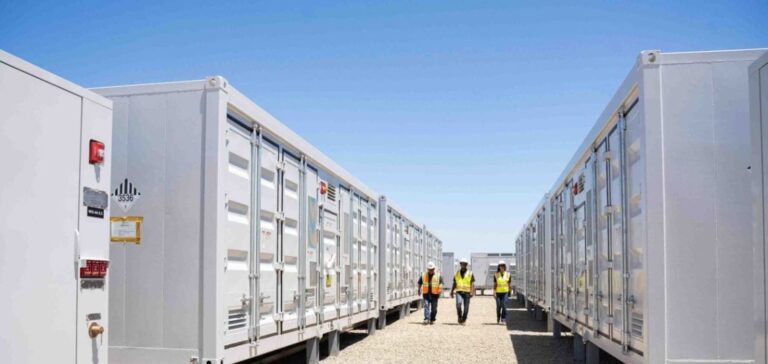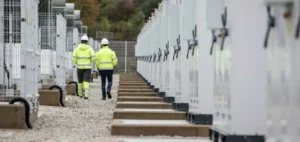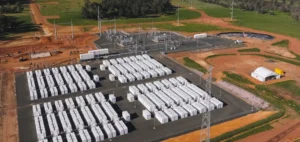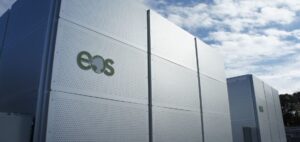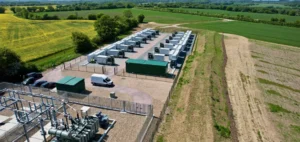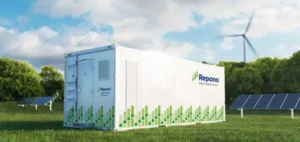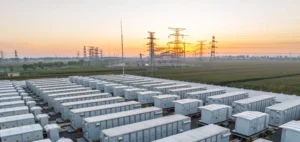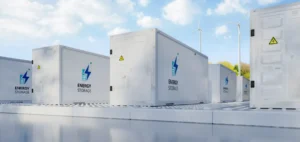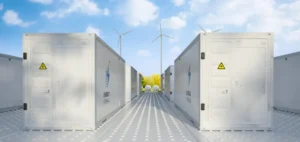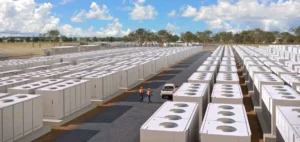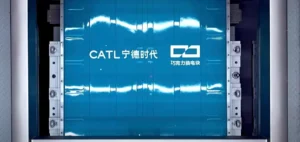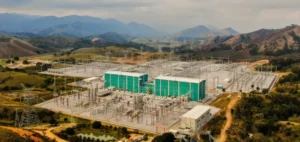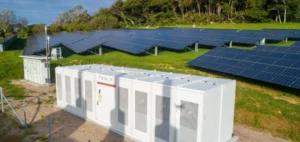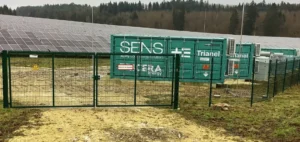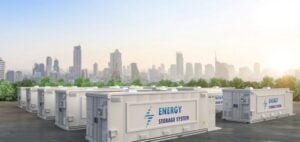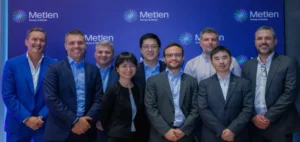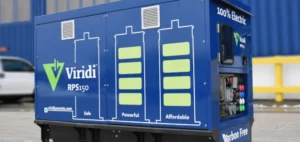EDP Renewables Canada Ltd. (EDPR Canada), a subsidiary of EDP Renewables S.A., has completed the acquisition of an unused industrial property from the City of St. Thomas in Ontario. This acquisition marks a key milestone in the development of the Edgeware energy storage project, a 75-megawatt (MWac) system with a capacity of 300 megawatt-hours (MWh). The project is being developed in partnership with Caldwell First Nation and is part of a broader strategy to strengthen the province’s electricity grid.
A 20-year contract with IESO
The Edgeware project was selected as part of the Long-Term I Request for Proposals issued by the Ontario Independent Electricity System Operator (IESO). This 20-year contract provides a stable framework for the facility’s operation and highlights the growing importance of energy storage solutions in Ontario’s energy mix.
The project’s objective is to improve the reliability of the provincial power grid by providing an energy reserve to address demand fluctuations. Ontario, facing increasing energy needs due to industrial and demographic growth, is investing in storage infrastructure to enhance its power supply.
A project rooted in the local economy
The Edgeware storage facility aligns with a period of economic transformation for the City of St. Thomas, which is experiencing significant industrial expansion, particularly in the automotive sector. The project will generate local tax revenues and contribute to job creation and infrastructure development.
Joe Preston, Mayor of St. Thomas, emphasized the importance of this collaboration for the city, stressing the opportunities it creates in terms of industrial attractiveness and economic prospects.
Timeline and next steps
The Edgeware project is currently in the development phase, targeting commissioning as early as 2027. The permitting and regulatory approval processes are expected to be completed by 2025. EDP Renewables and its partners are moving forward with the planning stages to implement this initiative, which aligns with the province’s long-term energy strategies.

